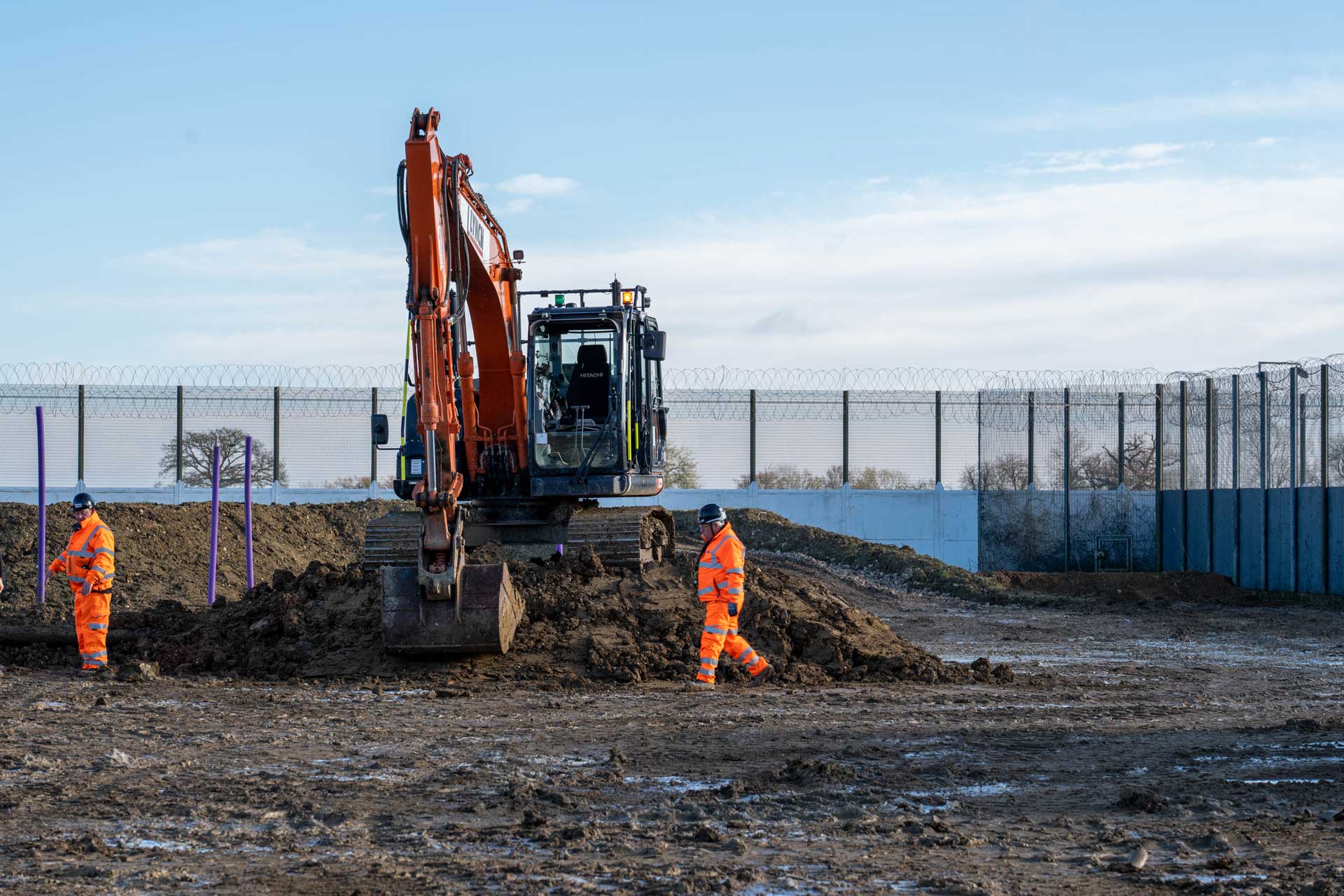In a significant move to boost apprenticeship participation and completion rates, the UK government has recently announced changes to the English and maths requirements for apprenticeships in England. These changes, announced in National Apprenticeship Week 2025 and effective from 11th February 2025, aim to provide greater flexibility and support for both apprentices and employers.
When Were These Changes Announced?
The changes were officially announced by the UK Government on 11 February 2025, to coincide with National Apprenticeship Week 2025. This date marks the beginning of a new era for apprenticeships in England, with the government responding to calls for a more adaptable and inclusive approach to skills training.
Who Do These Changes Affect?
These reforms primarily affect adult apprentices aged nineteen and over at the start of their apprenticeship. Under the new rules, these apprentices are no longer required to study or pass English and maths qualifications unless they and their employers choose to include them in their training plans. This change applies to both new and existing apprentices.
How Will These Changes Make a Difference?
These changes will affect learners, employers, and industry in the following ways:
- Increased Apprenticeship Completion Rates: By removing the mandatory requirement for English and maths qualifications, more apprentices will be able to complete their training, particularly in high-demand sectors such as construction, electrical and rail.
- Enhanced Focus on Practical Skills: Apprentices can now concentrate more on their paid work and practical training, which is directly relevant to their chosen occupations.
- Greater Flexibility for Employers: Employers can now decide whether their apprentices need to pursue English and maths qualifications, allowing for a more tailored approach to training that meets the specific needs of their business.
Why Have These Changes Been Announced?
The government has introduced these changes in response to feedback from employers and industry leaders who have been pushing for a more flexible apprenticeship system. The goal is to boost economic growth by addressing skills shortages in key industries and making apprenticeships more accessible and achievable for a broader range of learners. By reducing hurdles and focusing on practical skills, the government aims to unlock opportunities for thousands of apprentices and support the growth of businesses across the country.
At City & Guilds Training, apprenticeships are at the heart of our all-in-one training solution, with industry-leading apprenticeship programmes delivered across rail and electrical. For more information on our apprenticeships, and how these changes may affect you, please email our apprenticeship team at onboarding@intertrain.biz.







